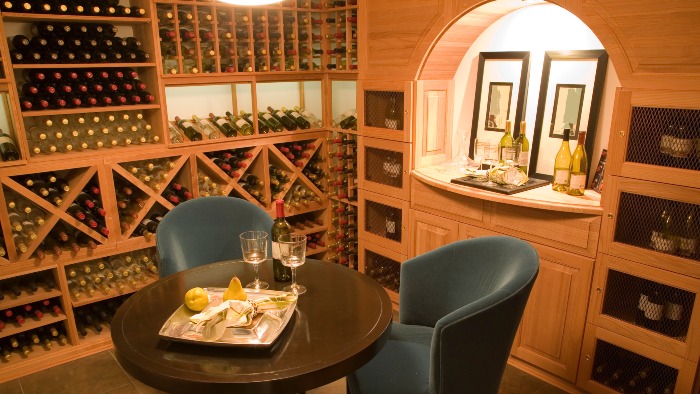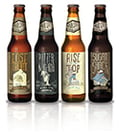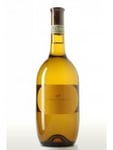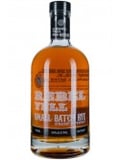3 min read
From Hurricanes to Sazeracs: Mardi Gras Cocktails with Food & Wine Pairings
Mardi Gras—also known as Fat Tuesday- is one of the world’s most iconic celebrations. Known as Carnival in many...

When you hear the term “wine cellar,” you might think of a huge room specifically built for this purpose and filled with a nearly endless number of rare bottles that are thought of as investments.
Sure, that’s one type of wine cellar, but it’s certainly not the only kind. You can store 12 bottles of your favorite wine in an out-of-the-way area of your home or get more ambitious and aim for hundreds of bottles of different varieties in a specially-made room—it's completely up to you!
Keep reading to find out about wine cellar myths as well as tips for starting your own wine storage area.
Many common ideas for wine storage aren’t the best choices. A wine rack above your refrigerator, for example, is susceptible to the heat that rises up from the fridge. In fact, anywhere in the kitchen is usually not a good choice because it’s a room that can get hot and often has windows that let in lots of light and cause temperature fluctuations. A garage, attic, shed, or other similar locations that experience high temperatures are among the worst places to store wine.
You may also think a wine refrigerator is good for storing wine, but these are meant to hold wine at a suitable temperature before it’s served. They’re too cold to be ideal for longer-term storage.
You don’t necessarily need a huge amount of space or anything luxurious to have a wine cellar. It doesn’t have to be a big undertaking, since all you really need is a suitable space to store wine so you’ll have it on hand when you need it.
The following are some important considerations when setting up your wine cellar:
Contact Haskell’s for more information, and we’d be happy to help you select some great bottles to stock in your wine cellar.




Feb 16, 2026by Ted Farrell
Mardi Gras—also known as Fat Tuesday- is one of the world’s most iconic celebrations. Known as Carnival in many...
Feb 7, 2026by Ted Farrell
The world is getting ready for the 2026 Winter Olympics, hosted in northern Italy in the stunning cities of Milan and...
Feb 3, 2026by Ted Farrell
Are you single and not-so-ready-to-mingle? Planning a solo movie marathon? Celebrate Valentine's Day with a little bit...